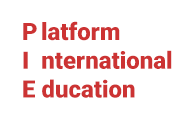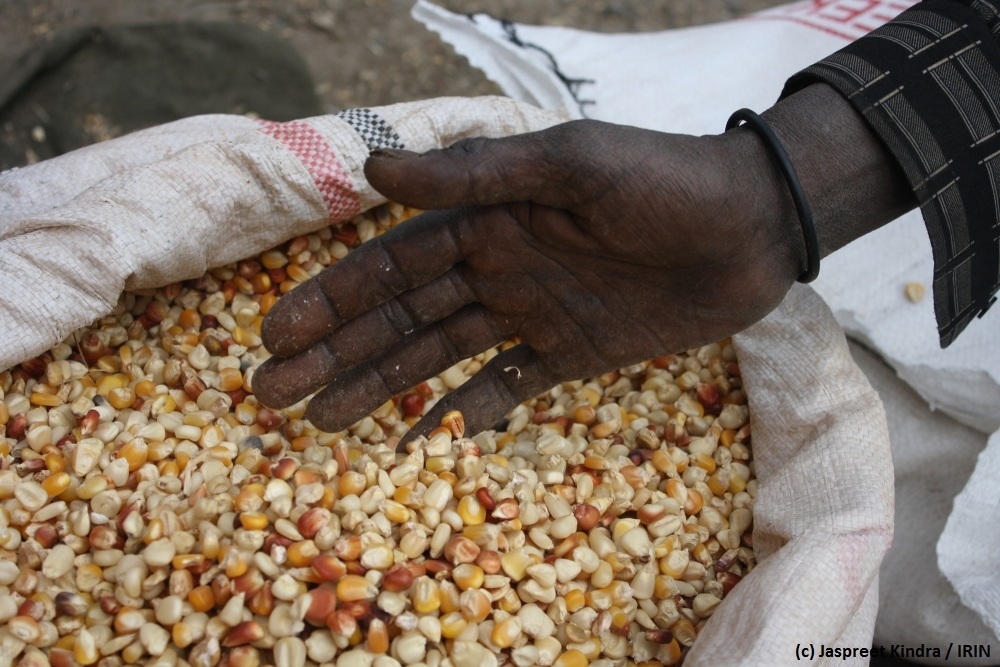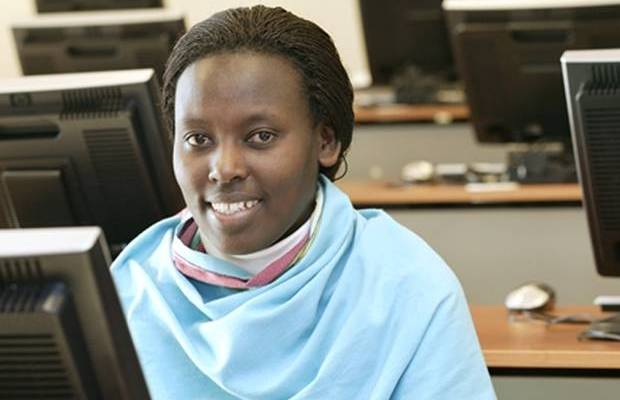Projects
MBA Agribusiness Ethiopia
This multi-year project with Jimma University in Ethiopia aims at setting an Executive MBA Agribusiness in the market. This program is the first of its kind in Ethiopia. Partners in this project are Maastricht School of Management (MSM), Wageningen University, Stellenbosch University and Q-Point BV. The project has the broader ambition to achieve increased food security and agricultural growth in Ethiopia, create better access for Ethiopians to more and more nutritious food, and contribute to increased trade relations between Ethiopia and the Netherlands.
Strengthening Tanzania’s TVET in renewable energy
Renewable energy capacity-building project in Tanzania with ATC and MUST, a Hanze UAS project funded by Nuffic.
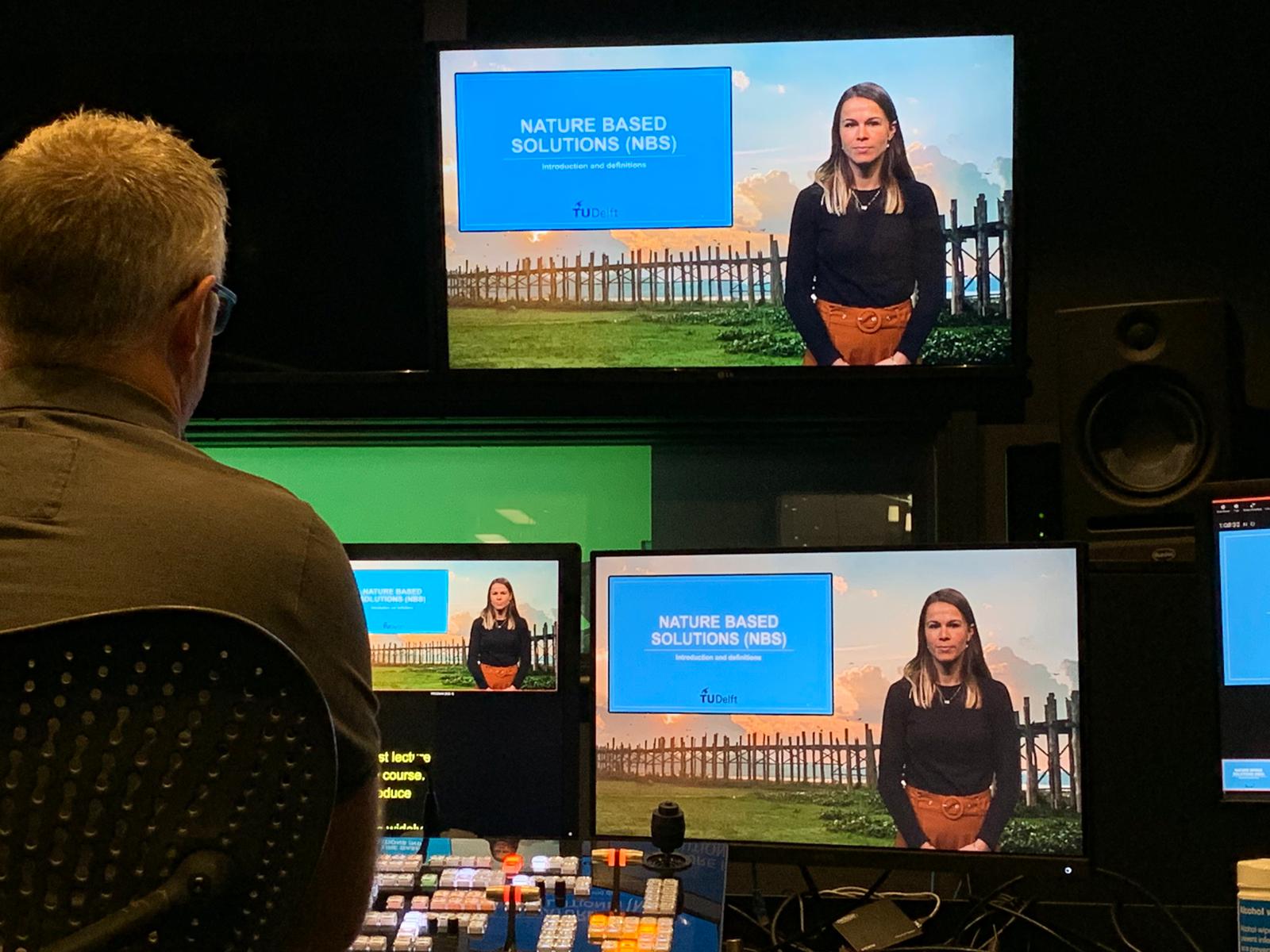
Tapping into Nature’s Solutions : Capacity development on Nature Based Solutions for water management in Myanmar
This tailor-made training aims to develop capacity amongst the relevant Myanmar departments (and universities) regarding the use of Nature Based Solutions (NBS) for water management. Making use of the long-term cooperation with the partners in Myanmar, we will gradually put the Myanmar experts (especially from the local universities) in charge of this course. We have deliberately chosen this approach to safeguard sustainable knowledge development and uptake of the required knowledge as well as to efficiently combine other ongoing capacity building initiatives. Organized as a hybrid course, it will involve both online trainings by Dutch experts, guest lectures from international experts, and training assistance on the ground by Myanmar experts.
The project is funded by RVO in partnership with TU Delft, Wageningen University & Research and runs from January 2020 to March 2022.
OKP Higher Education in Full Flow Myanmar
Myanmar is unlike any other country in the world – unique in its challenges, unique in its opportunities. TU Delft and IHE Delft have built a trustful relationship with the Yangon Technological University (YTU), the Myanmar Maritime University (MMU) and their related government departments. The previous NICHE program laid the first stepping stones for educational change in integrated water resources management (IWRM). In OKP we use this foundation and the carefully built relationship to realize more impact. To ensure sustainable uptake and educational change, the continuation of this cooperation is crucial. The project entails:
• Continue the educational and institutional strengthening of YTU and MMU in the field of IWRM;
• Further enhance the use of innovative and smart technologies for data collection (“leapfrogging”) to support the educational transition to a more practical, entrepreneurial and student-centered way of teaching;
• Create linkages between Myanmar, SE Asian and Dutch scientists, professionals, young experts and students for an optimal exchange of technical and didactical knowledge.
This project is funded by Nuffic in partnership with
TU Delft, ITC Twente, IHE Delft and runs from August 2019 to March 2022.
Female Talent Development Toolbox Ethiopia
The Ethiopia Education Strategy Centre (ESC) and Maastricht School of Management (MSM) have launched an online Female Talent Development Toolbox in support of increasing the number and strengthening the position of women in academic and leadership positions at higher education institutions in Ethiopia.
Renewable Energy Project for Higher Education in Tanzania
A NICHE project managed by Nuffic and financed by the Dutch Ministry of Foreign Affairs to include renewable energy modules and acquire materials for skills labs in Diploma, Bachelor and Master programs in Tanzania.
OKP Climate Proof Vietnam
Vietnam is amongst the most vulnerable nations to climate change impacts. These impacts include increased pressure on (integrated) water resources. This context and these challenges require water professionals with deep and broad system knowledge, practical and communicative skills and a constructive critical attitude. By building upon the long-term and trustful collaboration of the TU Delft and ITC Twente with the Hanoi University of Natural Resources and the Environment (HUNRE – university under MoNRE) and Thuyloi University (TLU – university under MARD) this project will:
• Provide the future and current engineers of MONRE and MARD with a wide set of knowledge and skills (e.g. technical, social/governance and financial)and practical experience;
• Work on ensuring sufficient human capital for the Vietnamese water sector by upgrading the promotion and marketing of the universities to diminish the rapid decline of students;
• Strengthen the organizational development of both universities and their Southern partners;
• Increase the linkages with the labour market through close involvement of the public and private stakeholders in the Community of Practice.
This project is funded by Nuffic in partnership with TU Delft, ITC Twente and runs from January 2019 to March 2022.
“You must be part of the solution!”
This statement was made by Prof. Akin Abayomi, the Honourable Commissioner (Minister) of Health of Lagos State when he attended the training workshop Good Governance as a Tool for Building a Resilient Health System and Advancing Rights in Nigeria organised by CIS-VU and CEHD in September in Nigeria. He urged the 55 trainees “to get the primary health care sector right, otherwise the secondary health care system gets overburdened and private clinics come in to make money of this situation”. The Honourable Commissioner stated that the hygiene standards in hospitals and health clinics in Lagos State should be improved considerably: “There is only one standard: good clinical practice, no matter whether you are in Holland or in Nigeria”. Therefore the TMT training programme, funded by Nuffic, is of utmost importance to enhance managerial skills and increase efficiency.
Improve and upgrade (teacher) training programmes for TVET education in Agriculture in Uganda
This project is a cooperation with National Instructors College Abilonino, Hanze University of Applied Sciences (lead partner) and Ecopolis (private company)
The consortium aims to restructure agricultural education offered in Uganda, which is currently unable to relate to practices encountered in reality, at private agro-enterprises in particular. The country needs graduates at all levels (Informal, Certificate, Diploma and Degree) that are able to work effectively at commercial farms as out-growers or start up their own farms.
The project establishes, in close collaboration with private sector partners, a TVET learning line and interlinked teacher-training programme in agro-enterprise, based on the needs of the labour market and aiming for inclusiveness. The new study programmes in agro-enterprise, taught by (re)-trained teachers and instructors, will produce graduates with a strong entrepreneurial mindset and the passion, knowledge and skills to start their own farms.
Reciprocity is key in the cooperation between the consortium partners. Individuals will learn from each other, have a unique opportunity to share their knowledge and skills, and stay connected after project completion.
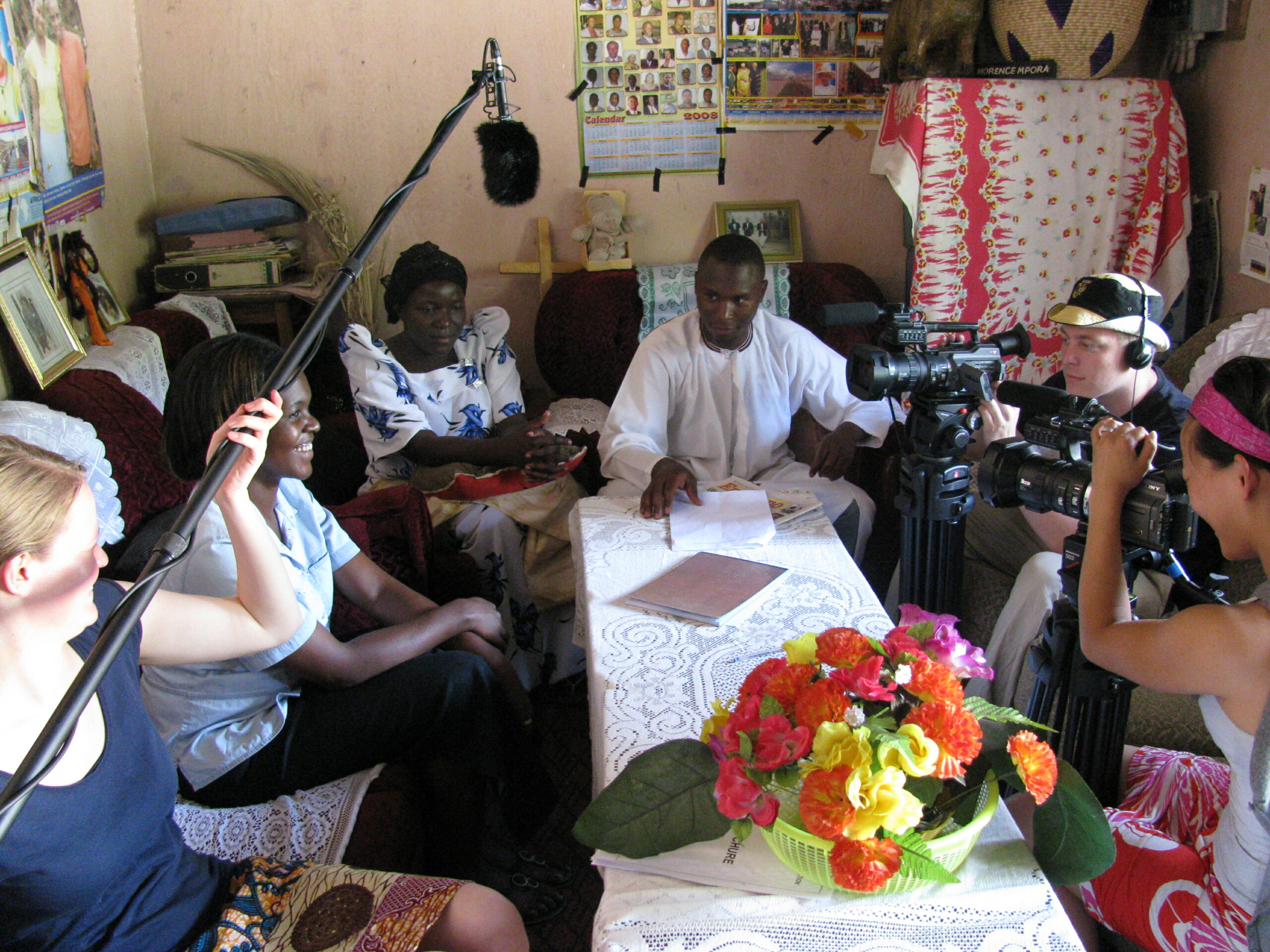
Strengthening the media sector in Tanzania by providing skills-based training to mid-career practitioners and upcoming journalists
This project is a cooperation between Hanze University of Applied Sciences (lead partner), Radio Netherlands Training Centre (RNTC), Tumani University – Dar es Salaam Campus and University of Iringa.
The aim of this project is to build capacity in the media sector with a strong focus on freedom of press and research journalism. This project will identify, train and mentor a new generation of journalists and media leaders, open to broad and transparent news broadcasting. The target group for these inventions are trainers of journalists and media professionals at diploma level.
This project will bridge the gap between needs of the labour market and the output of educational institutes. Mid-career professionals and fresh graduates of diploma programs will focus on achieving a set of skills needed by the sector. These skills include entrepreneurial thinking and acting, as graduates need to know how they can start their own businesses and become job provider instead of job seekers. Entrepreneurship will be an inseparable part of the newly developed short courses and diploma programs.
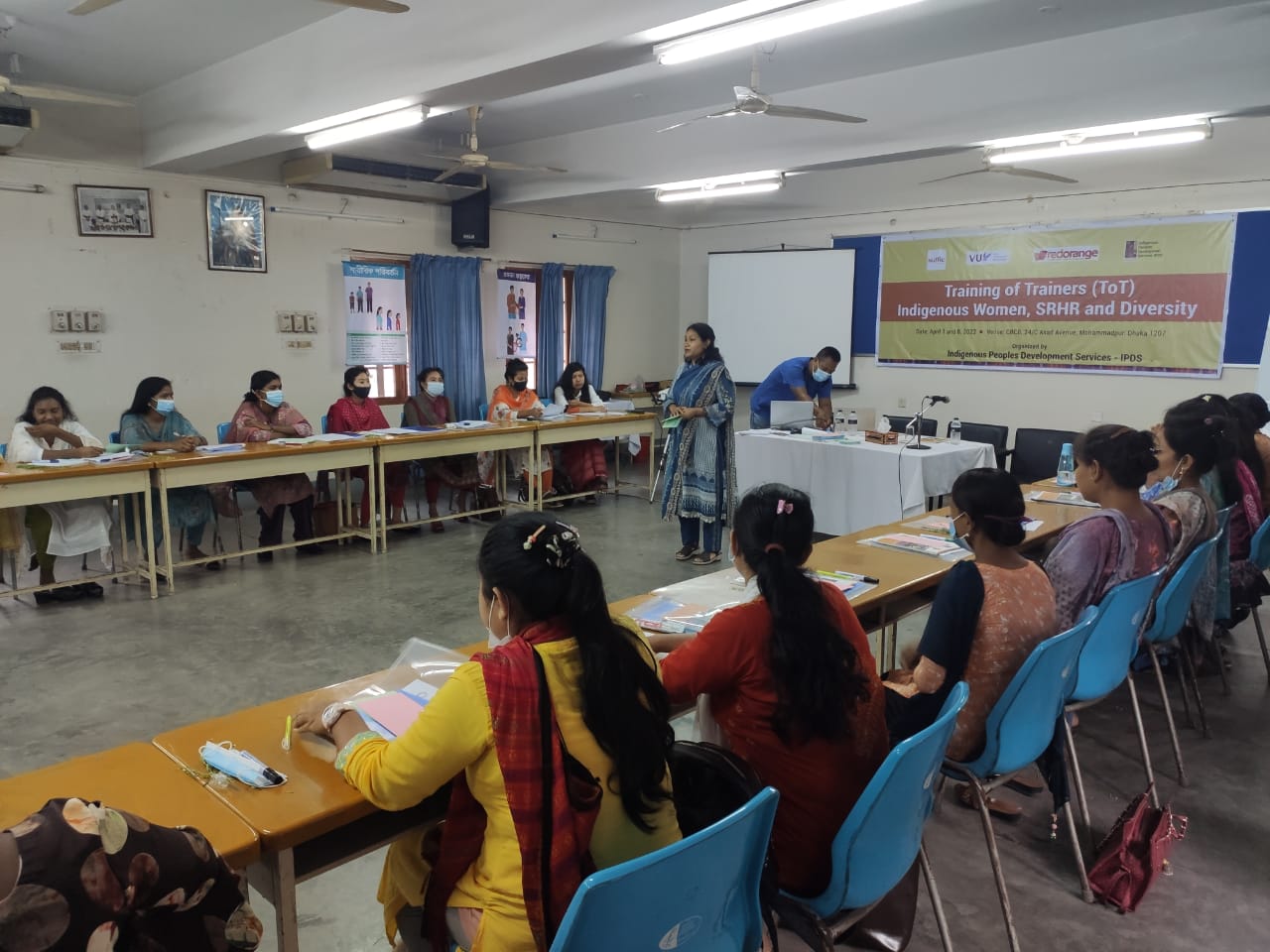
Sexual and Reproductive Health and Rights in the Bangladeshi Garment Sector
Young women working in the Bangladeshi Ready Made Garment sector (RMG) often face problems relating to gender inequality and taboos around sexuality.
Based on ethnographic research conducted by VU, a comprehensive SRHR approach has formed the basis for the design of the STITCH project. This approach considers the effects of programme interventions and recognizes that sexuality, gender, and ethnic identity shape SRH practices.
To create enabling conditions for garment workers, the STITCH project intervenes by providing SRHR education in a vocational training institute to future workers. It also provides training to health care providers in the sector through the Ministry of Health. The third aspect is tos sensitize indigenous RMG workers on SRHR to reduce barriers to access available SRHR services. The STITCH project has deliberately included the Indigenous People Development Services (IPDS) as a partner in the project. IPDS is a human rights organization specializing in diversity and indigenous rights, including the concerns of indigenous RMG workers. By including their expertise we aim to integrate diversity and indigenous concerns into SRHR issues.
Partners in the project are the Directorate General of Family Planning of the Ministry of Health and Family Welfare (DGFP), RedOrange Media and Communication, Ayat Skill Development Centre (ASDC), the Indigenous People Development Services (IPDS) and Vrije Universiteit Amsterdam (VU). The project is financially supported by the Orange Knowledge Programme of Nuffic and runs from January 2019 until December 2022.
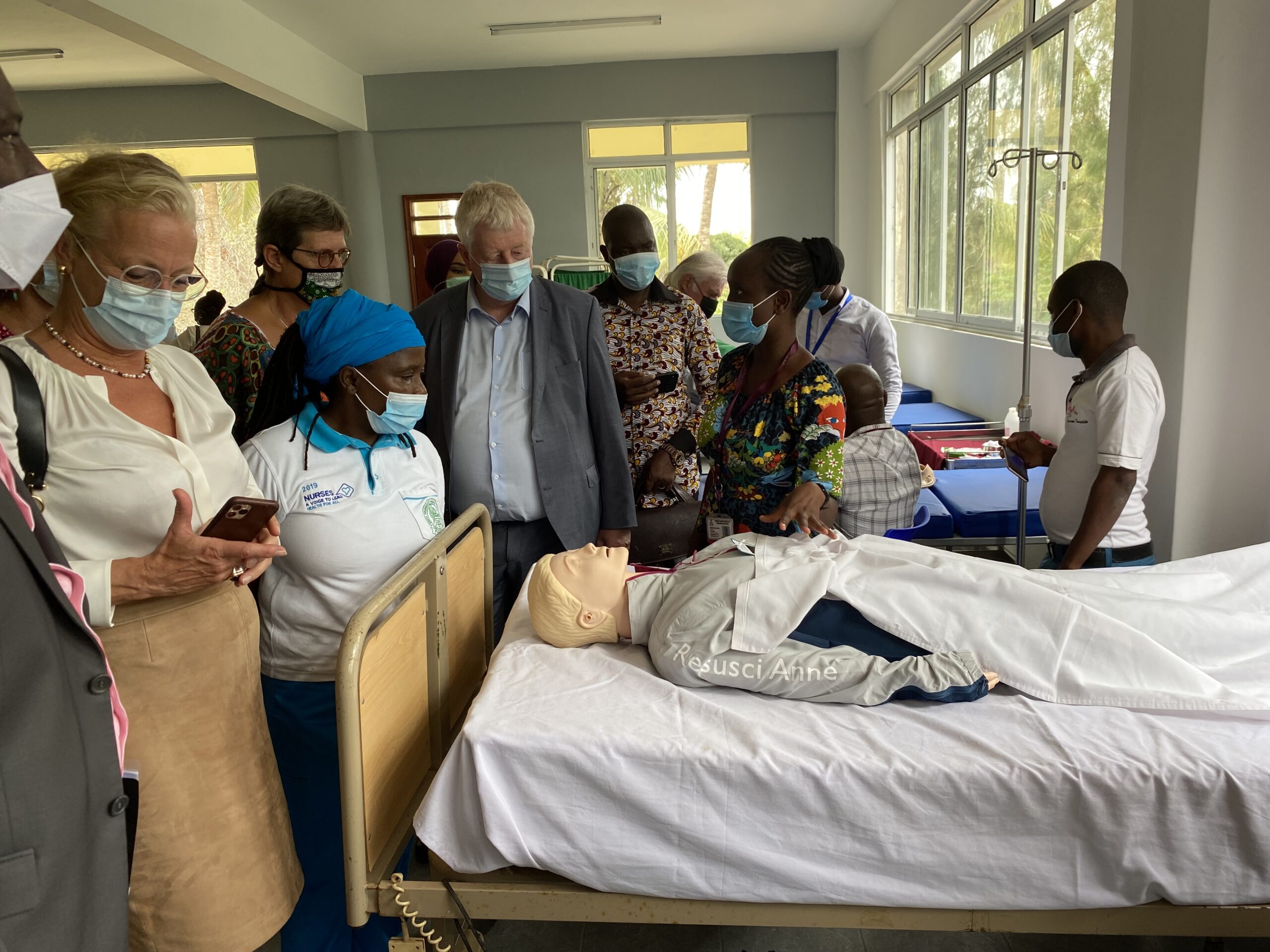
Development of Skills for Health professions education in East Africa (SHEA)
Maastricht University, School of Health Professions Education (lead partner), Skills Meducation BV (private company) and Hanze University of Applied Science are implementing a health project with North Coast Medical Training College in Kilifi, Kenia.
There is a shortage of skilled health workers in Kenya and East Africa. Traditionally, the focus in curricula in TVETs is on knowledge. However, to improve the quality of graduates and ensure their contribution to the health care at the primary level they need to have (soft) skills as well. This is an additional task for teachers and requires training skills and materials (e-learning, models, mannequins, etc.).
North Coast Medical Training College (NCMTC) is a private-not-for-profit tertiary training institution located in a rural area at the Kenyan Coast and providing certificate and diploma level courses under TVETA in the medical and medico-technical field. The school has grown rapidly over the past few years with many of the students in Kilifi, many of whom would otherwise not have joined college, now pursuing a career in the medical field. This applies especially to girls as many people in this part of Kenya do not like to let their girls train far from home and before there were hardly any alternatives. The school currently has more than 800 students, up with more than 200 a few years ago.
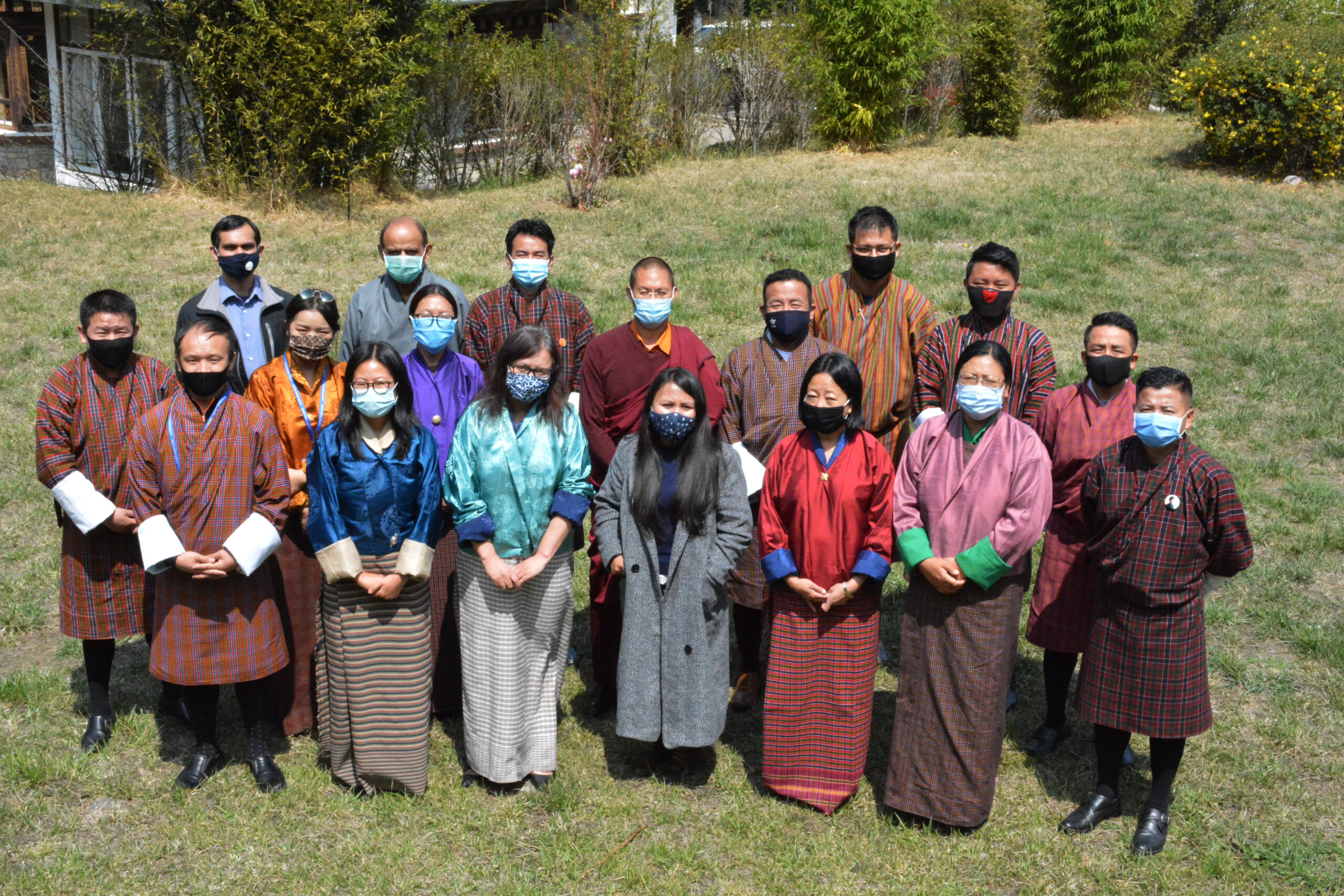
Qualitative Research Methods in Bhutan
The HAPPY Project is the first of its kind in Bhutan, since it aims to improve qualitative research methodology (QRM) at a national level in all programmes of Social Sciences and Humanities.
Qualitative research methods allow researchers to investigate the challenges that people face in their everyday lives, the ideas they cherish, their beliefs, and the values which they adhere to. The data elucidated by qualitative research are required to contribute to evidence-based policies which address social and developmental challenges in Bhutan such as the strengthening of democratic institutions, urban vs. rural disparities, climate change mitigation and adaptation.
There is however a disjuncture between the desire for qualitative research data and the absence of knowledge, skills and technical infrastructure to teach QRM. This has formed the basis for the development of the HAPPY project.
The partnership includes 5 Bhutanese partners, i.e. Royal Thimphu College, Royal University of Bhutan, Sherubtse College, College of Cultural Studies and Norbuling Rigter College, and 4 European partners, i.e. Vrije Universiteit Amsterdam (lead coordinator), Leiden University, the Institute for Innovation and Development (Slovenia) and the University of Ljubljana (Slovenia).
The Project is co-funded by the Erasmus+ Programme of the European Union and runs from January 2021 until January 2024.
Main image: All eyes on the amazon – indigenous monitoring. Photo © ISS
